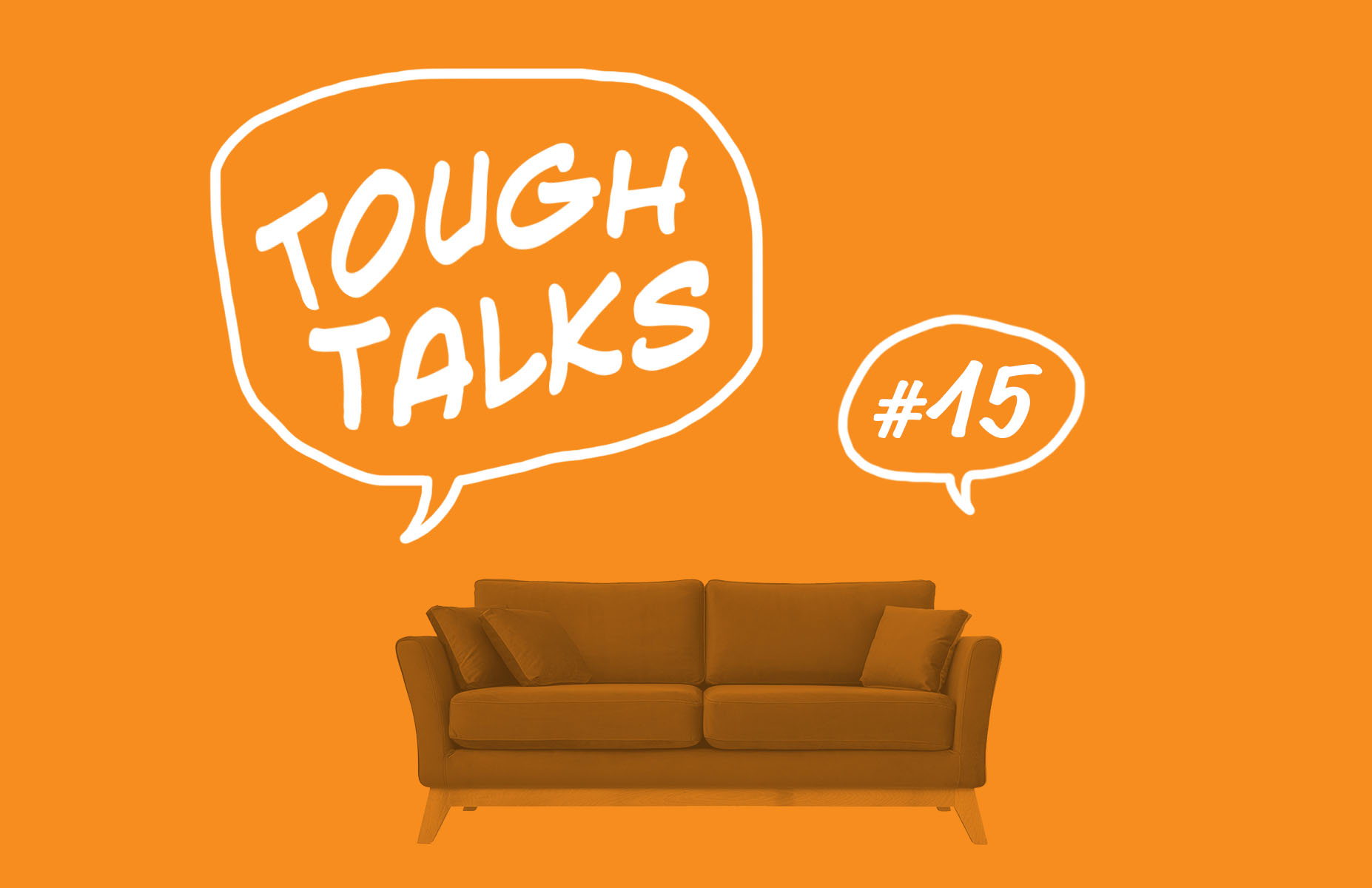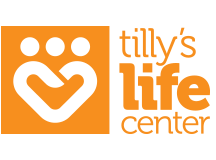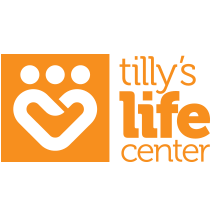
17 Nov Tough Talks #15: Anti-Semitism
It is essential that we explain what is right, what is wrong, and how to be a positive and tolerant member of society who is quick to spread love and stand against hate. Without the difficult conversations, teens are unlikely to be equipped to protect themselves and others from prejudice and actively fight against it. To help you approach the subject with your teen, we have developed this guide for how to talk to your teen about anti-semitism, how to be an ally against it, and mental health resources for teens as they go through this learning process.
Identification
While some teens may not have yet learned deeply about the events of our global history, recent events, and the current social climate, they are ready to seek new information and better understand the world. It is absolutely crucial that teens of all religious backgrounds are aware of the prejudice that exists today and know how to identify it. In fact, many teens might have the misconception that anti-semitism is not as prevalent as it truly is. Understanding what it means, how it has happened in the past, and what it looks like today, is essential for teens to be prepared to identify prejudice against the Jewish community and take a stand against it.
You can start the conversation with your teen by practicing identification. When you find an instance in the media or your community, explain your perception of the event to your teen and why it is wrong. Open a dialogue where your teen can feel comfortable asking questions. Each case can and should be a learning opportunity to be an active part of preventing any form of acceptance of hatred from continuing in the future. Be sure to communicate that even just a simple rude comment can be very damaging and should not be tolerated.
Learning
Discussing current events with your teen is a great way to get the conversation going, but it is only one small aspect of the full story. Start by checking in with what your teen already knows. Have they learned about anti-semitism in any of their classes? If so, what do they know and what might be missing from what they have learned? Going through the religious, historical, political, and social stories is key to full understanding. For example, walk your teen through the intersections and differences between racism and anti-semitism. Since people from any race or ethnicity can be Jewish, some people may experience both. Anti-semitism however, is unique in that it stems from the problematic racial ideology that the members of the Jewish religion make up a specific racial group.
While this can be very difficult to talk about, and for teens to hear, it is imperative that openness and clarity are the top priority. Teens need to know that they can discuss this and any other uncomfortable or challenging topics they might need with you. Talking openly about it shows them that they can come to you if they have questions, or if they noticed or experienced something harmful. To offer them further guidance, talk to them about various books they can read and resources that they can look to such as the Anti-Defamation League’s Anti-Semitism Uncovered webpage can be a great place to start. You can choose materials to read and discuss them together afterwards.
Responding
While anti-semitism can be violent or even genocidal, it often appears in subtle ways such as the use of insensitive language or perpetuating negative stereotypes. It is essential that we aren’t accepting or normalizing any form of prejudice even if in the moment it seems benign. Help your teen understand the stereotypes that drive prejudicial comments and actions so that they can be prepared to respond if they see, hear, or experience something harmful.
You can start by setting a positive example. If you see in the media or in real life an inappropriate comment or action, stand up to condemn it and suggest to your teen that they can too. Explain that fighting hate and violence with more hate and violence is never the answer. Work together through some potential scenarios if your teen or their friend were to experience anti-semitic behavior. Whether it is getting an authority, such as a teacher, involved or preparing a respectful comeback that lets another person know what they said is wrong and harmful, help your teen find the best response that keeps them safe, strong, and positive.
At Tilly’s Life Center, we believe that educational materials and teen mental health resources are essential for creating an environment that allows teens to feel strong, confident, and prepared, even in the face of adversity. Our mission is to provide a social and emotional learning curriculum to offer teens the tools they need to cope with challenges and live happy, healthy, fulfilling lives. To learn more, visit us at www.tillyslifecenter.org.


